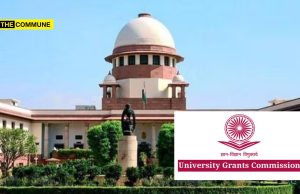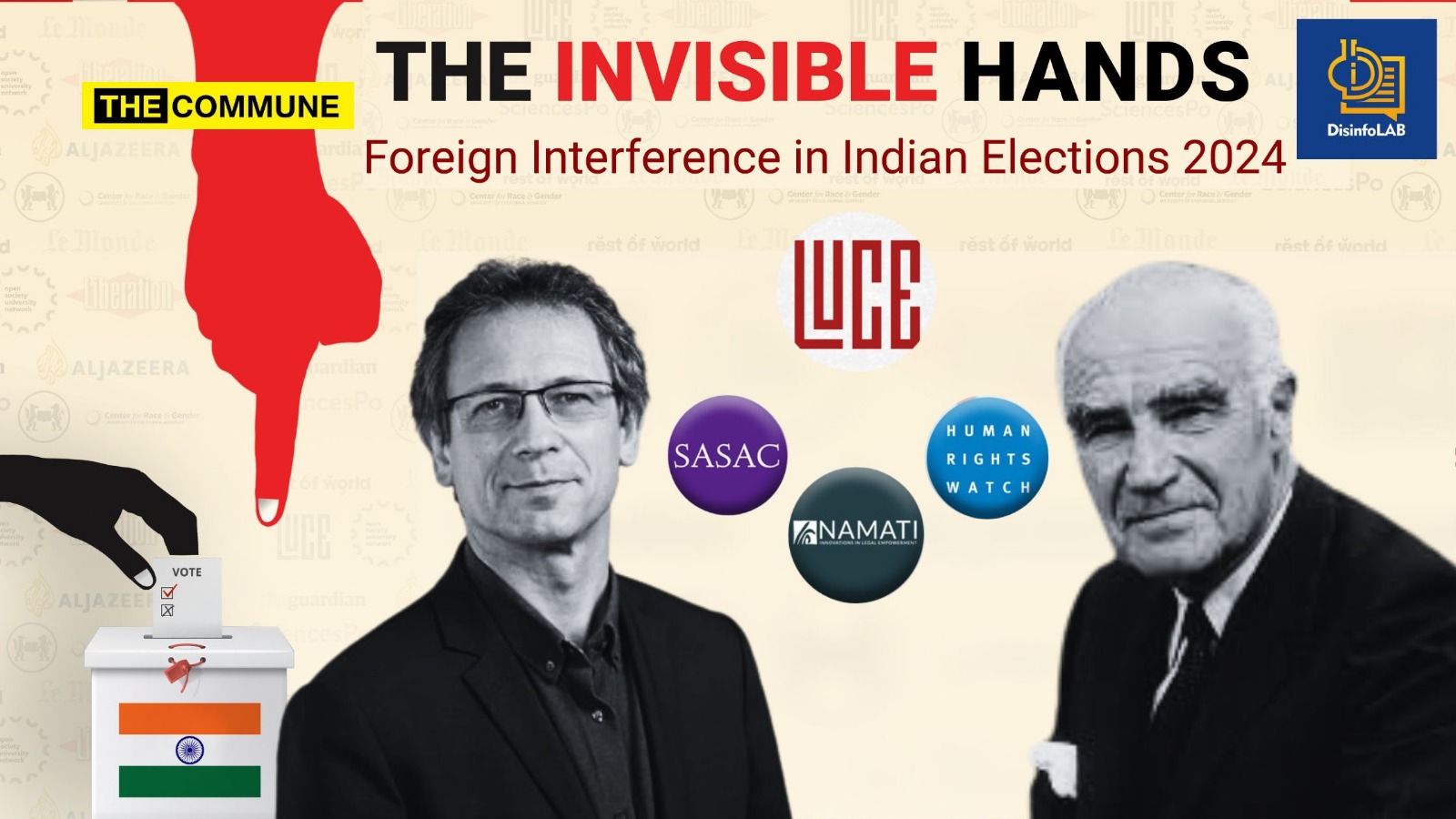
DisInfo Lab, an online media and non-profit entities watchdog, has exposed a coordinated effort by foreign actors to clandestinely influence the outcome of the 2024 Indian election. Through a series of revelations, it has alleged that millions of dollars have been funneled from nations such as China to Israel with the aim of impacting the election results. Of particular concern is the involvement of Western powers, including the European Union and the United States.
The 2024 elections witnessed unprecedented levels of foreign interference, with foreign media coverage overwhelmingly negative and blatantly biased. Western media outlets employed exaggerated language and double standards, injecting a predetermined narrative into online discourse akin to a competitive mud-slinging contest.
For instance, the BBC published articles with titles like “AI and deepfakes blur reality in Indian elections” and “Lok Sabha 2024: Modi’s party volunteers targeting 100,000 people a day,” while also accusing Modi’s party of demonizing Muslims in videos. Al Jazeera, funded by the Qatari government, ran stories such as “Deepfake democracy: Behind the AI trickery shaping India’s 2024 election” and “Vote Jihad: As Modi raised Anti-Muslim India election pitch, what’s next?” Meanwhile, The Guardian highlighted issues like “How an Indian state became a testing ground for Hindu Nationalism.”

Certain media outlets received implicit or explicit funding, while others were backed by organizations with questionable agendas, such as crafting biased narratives sourced from dubious origins like “random WhatsApp groups” or portraying individuals supported by Pakistan in a positive light. Amidst this cacophony, a disturbing effort to interfere at the micro level and shape voter perceptions was underway. Christophe Jaffrelot, an Indologist writes extensively on India, emerged as a key figure orchestrating this narrative, particularly promoting a divisive discourse around the caste census, originating from France.

The French media, notably LeMonde, LeSoir, France24, among others, exhibited an unusual level of interest in the Indian elections, often citing Jaffrelot as an expert on various Indian affairs.

Surprisingly, the French media showed an unusual level of interest in the Indian elections 2024 more than other medias of the world.

Jaffrelot, along with his associate Gilles Verniers, operating through the Trivedi Centre for Political Data (TCPD) at Ashoka University, aggressively propagated the notion that lower castes were underrepresented in Indian politics, citing statistics from the 2014 Lok Sabha. However, their stance swiftly shifted when the 2019 Lok Sabha elections revealed an increase in representation from lower castes.

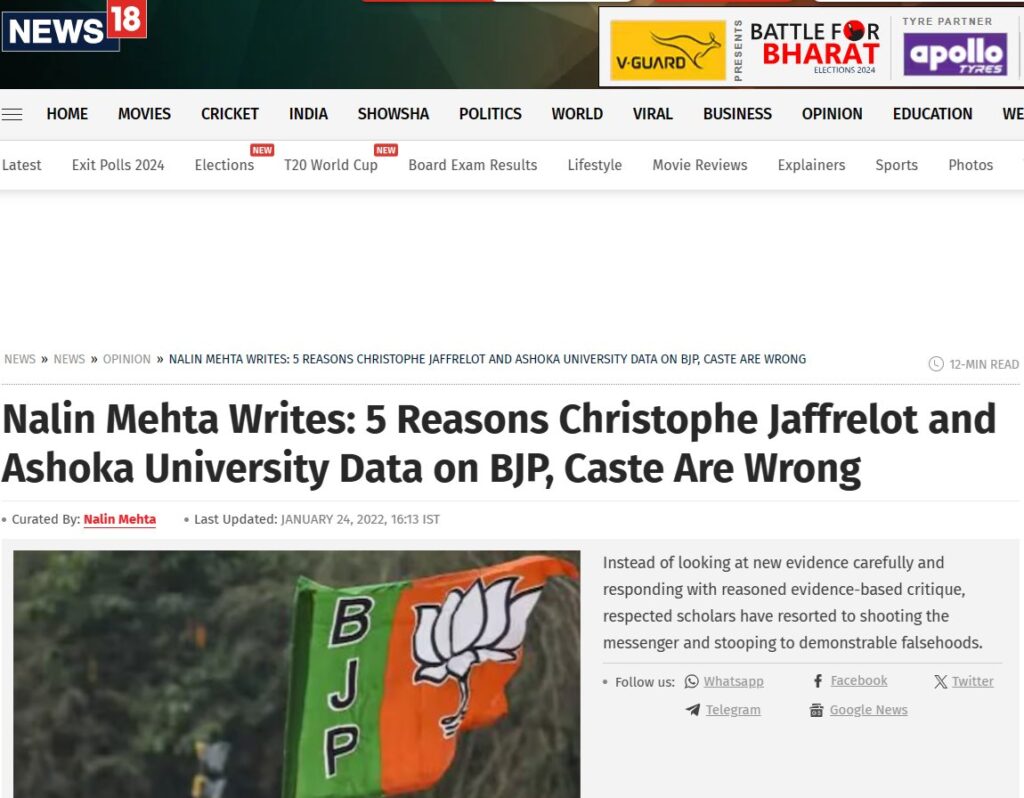
While the duo’s difficulty in accurately categorizing castes sparks its own debate, it hasn’t impacted Jaffrelot’s media “credibility.” His emergence as a proponent of the caste census narrative has actually led to an unprecedented level of references to him across various media outlets in a remarkably short span of time.
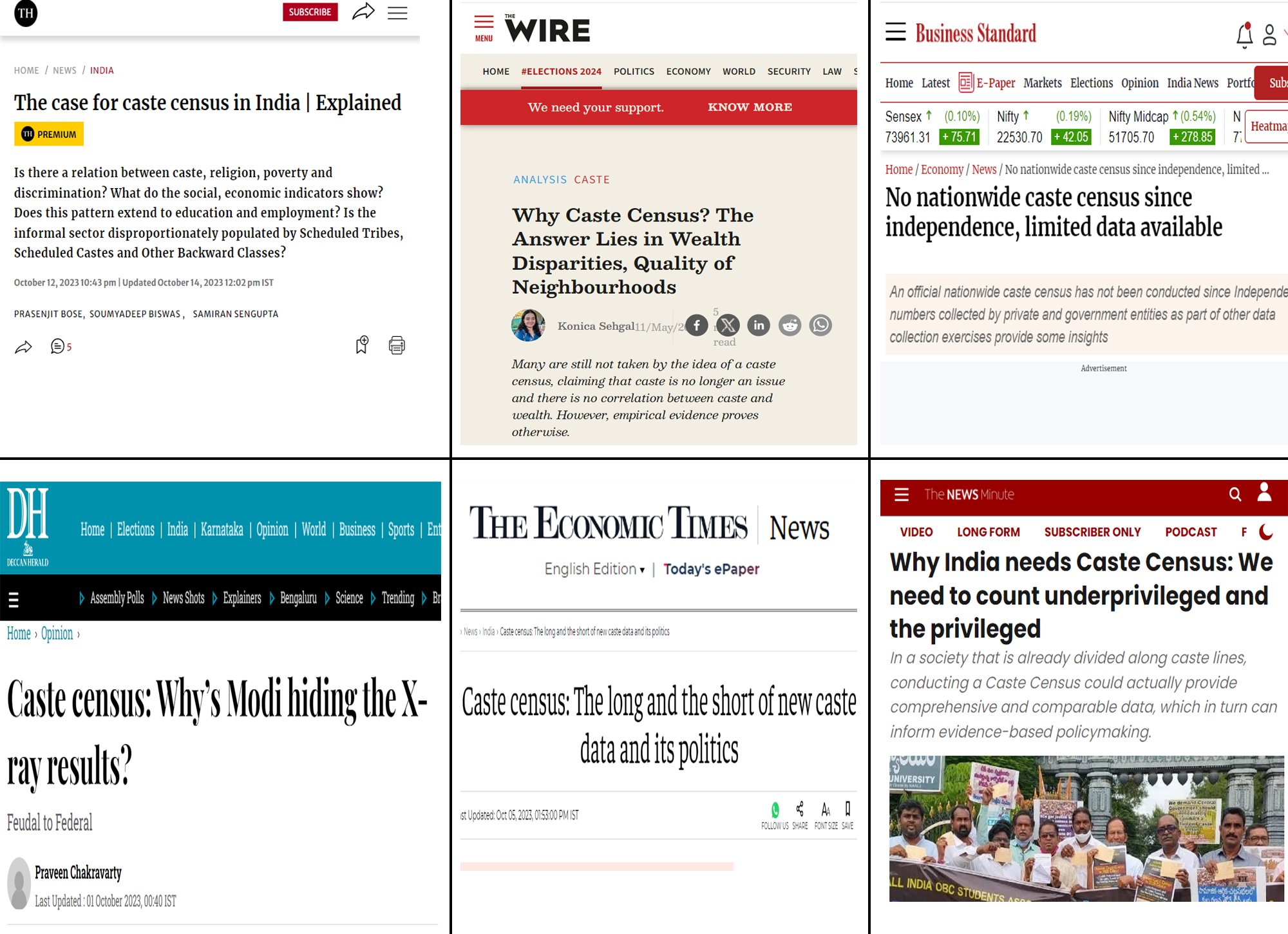
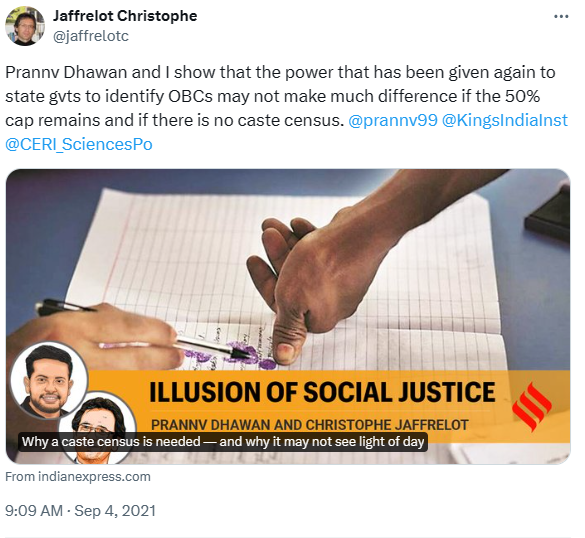
Upon delving into social media discussions, we can observe a consistent trend mirroring research findings. Mentions of Jaffrelot in relation to Caste census reached unprecedented levels. This surge coincided with Jaffrelot’s publication of a paper advocating for a caste census in September 2021, suggesting a significant influence on the discourse.


However, what was particularly noteworthy was that the conversation around Caste Census didn’t arise organically, as evidenced by posting patterns. There seemed to be no inherent stimulus for these discussions, akin to observations in news media spanning from India to France. It was almost as if there was an invisible orchestrator guiding the narrative.
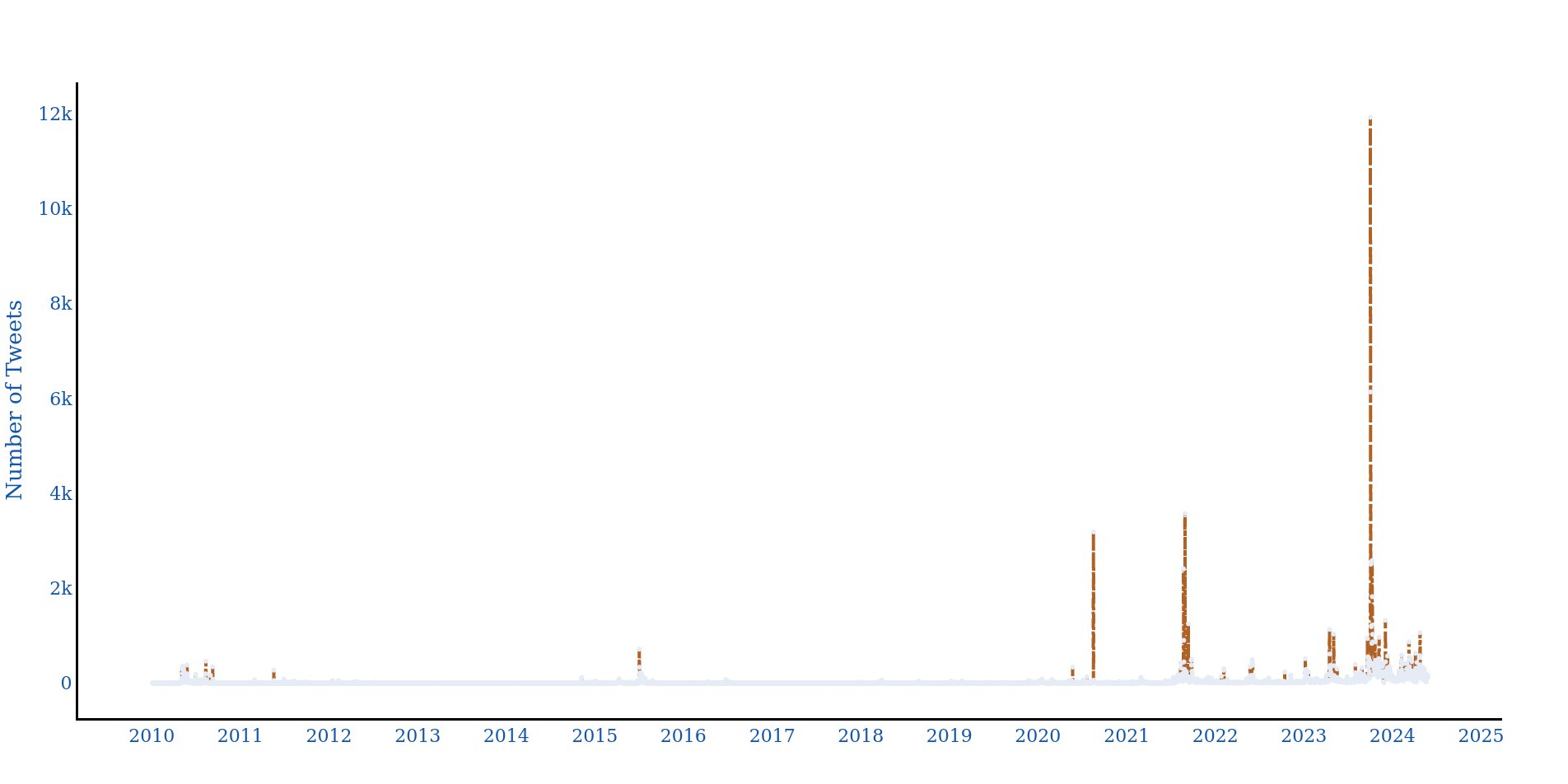
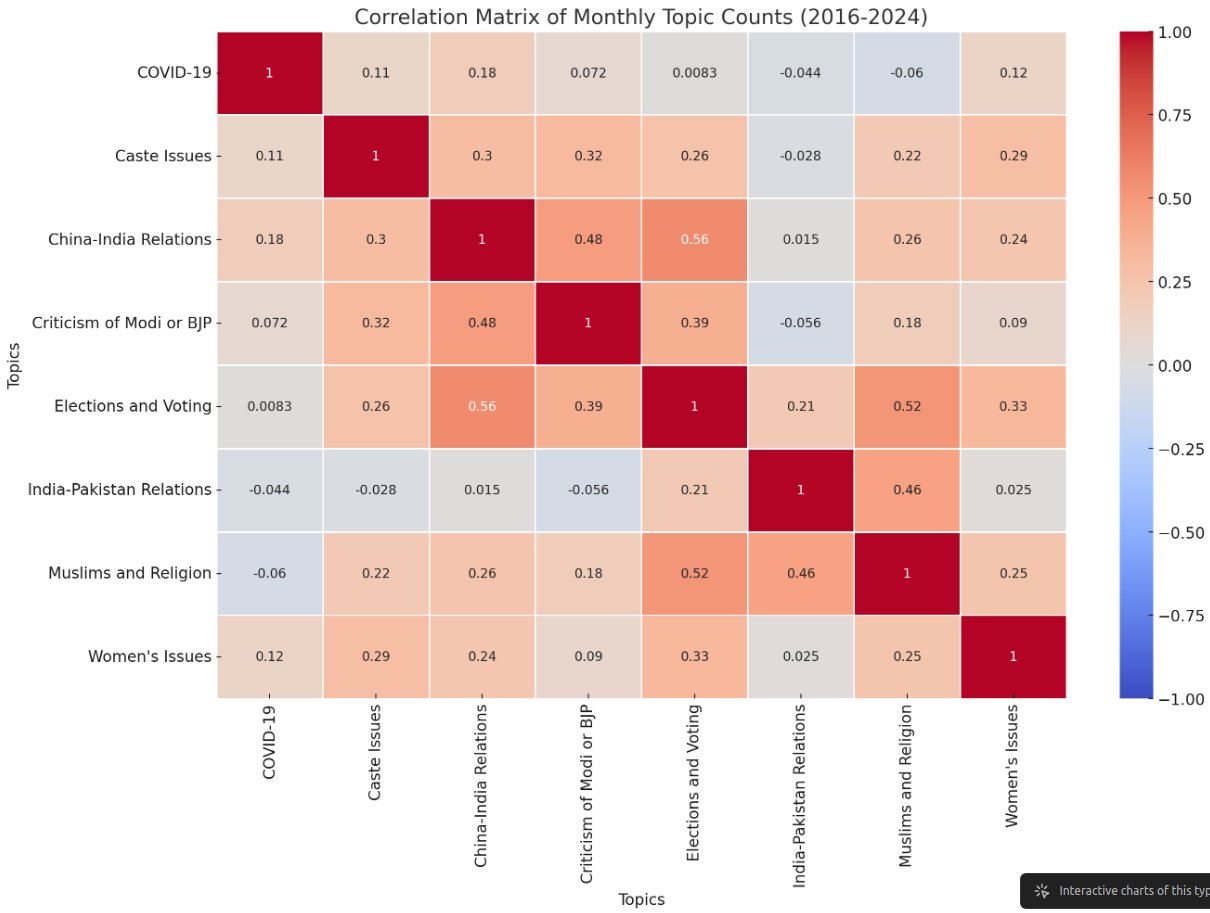
It turned out there was indeed an influential force at play, one as potent as any. Concurrent with the discourse on caste and Christophe Jaffrelot’s remarkable popularity, a parallel development unfolded. Jaffrelot had secured substantial funding from the US-based philanthropic entity, the Henry Luce Foundation (HLF), during a similar timeframe.![]()
![]()
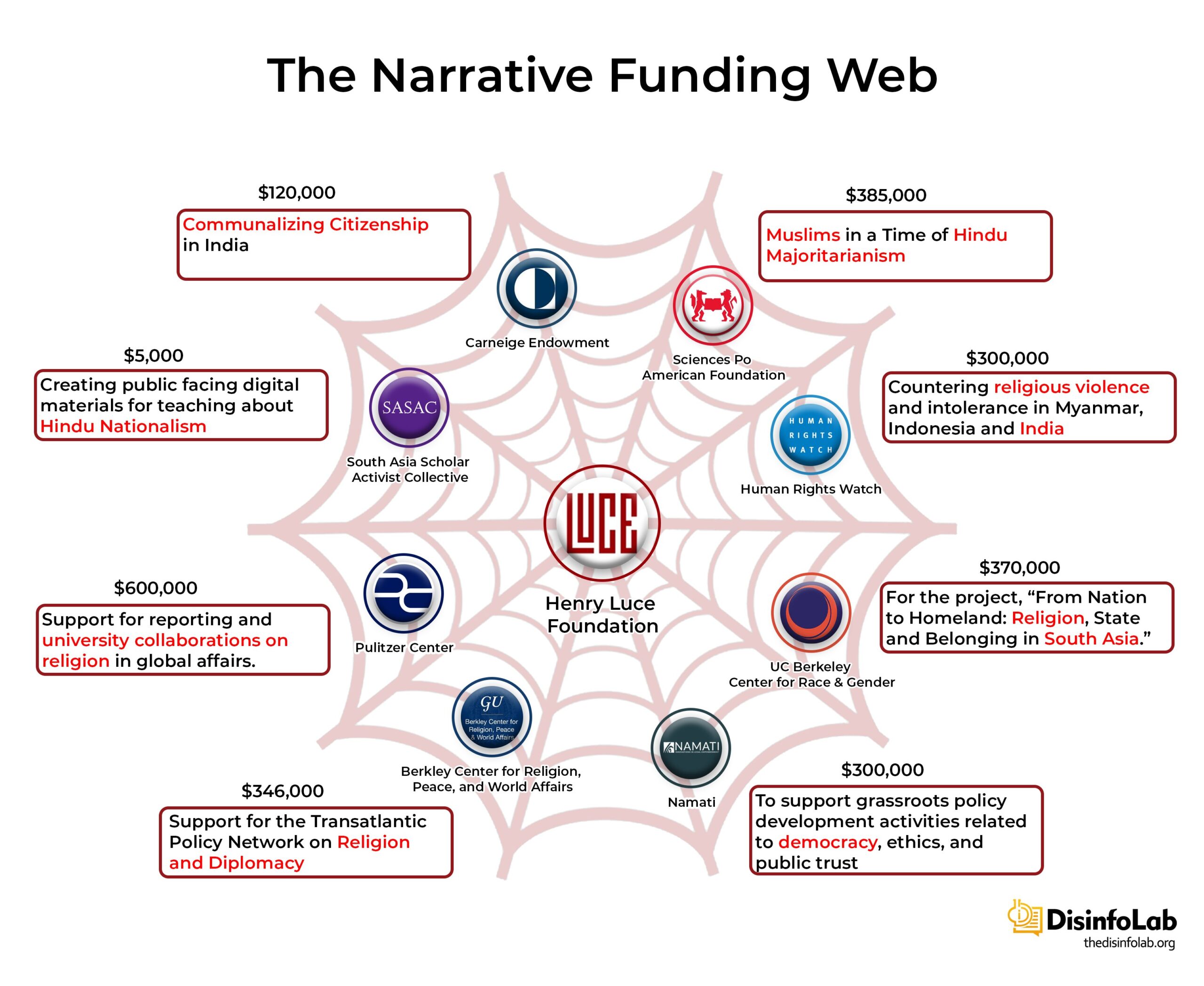
Henry Luce Foundation (HLF) established by Henry Luce, renowned as the founder of TIME magazine, the HLF’s connections to the deep state are lesser-known. Luce, born to Presbyterian Christian Missionaries and notably supported by another Presbyterian, Nancy McCormicks, had ties to the CIA’s MockingBird project, which utilized media and journalists for covert operations. Luce provided cover for CIA operatives under TIME’s auspices, and his involvement in significant CIA cover-ups is documented.
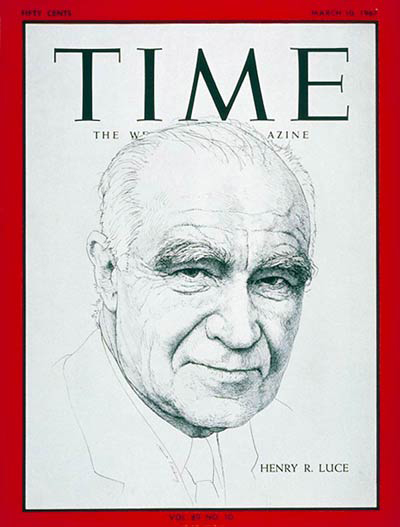
![]()
![]() Despite the founder’s proximity to the deep state, HLF is currently staffed with former US government officials, including a former Deputy Secretary of Defense. HLF collaborates closely with organizations such as AsiaFoundation, CFR, and CSIS.
Despite the founder’s proximity to the deep state, HLF is currently staffed with former US government officials, including a former Deputy Secretary of Defense. HLF collaborates closely with organizations such as AsiaFoundation, CFR, and CSIS.
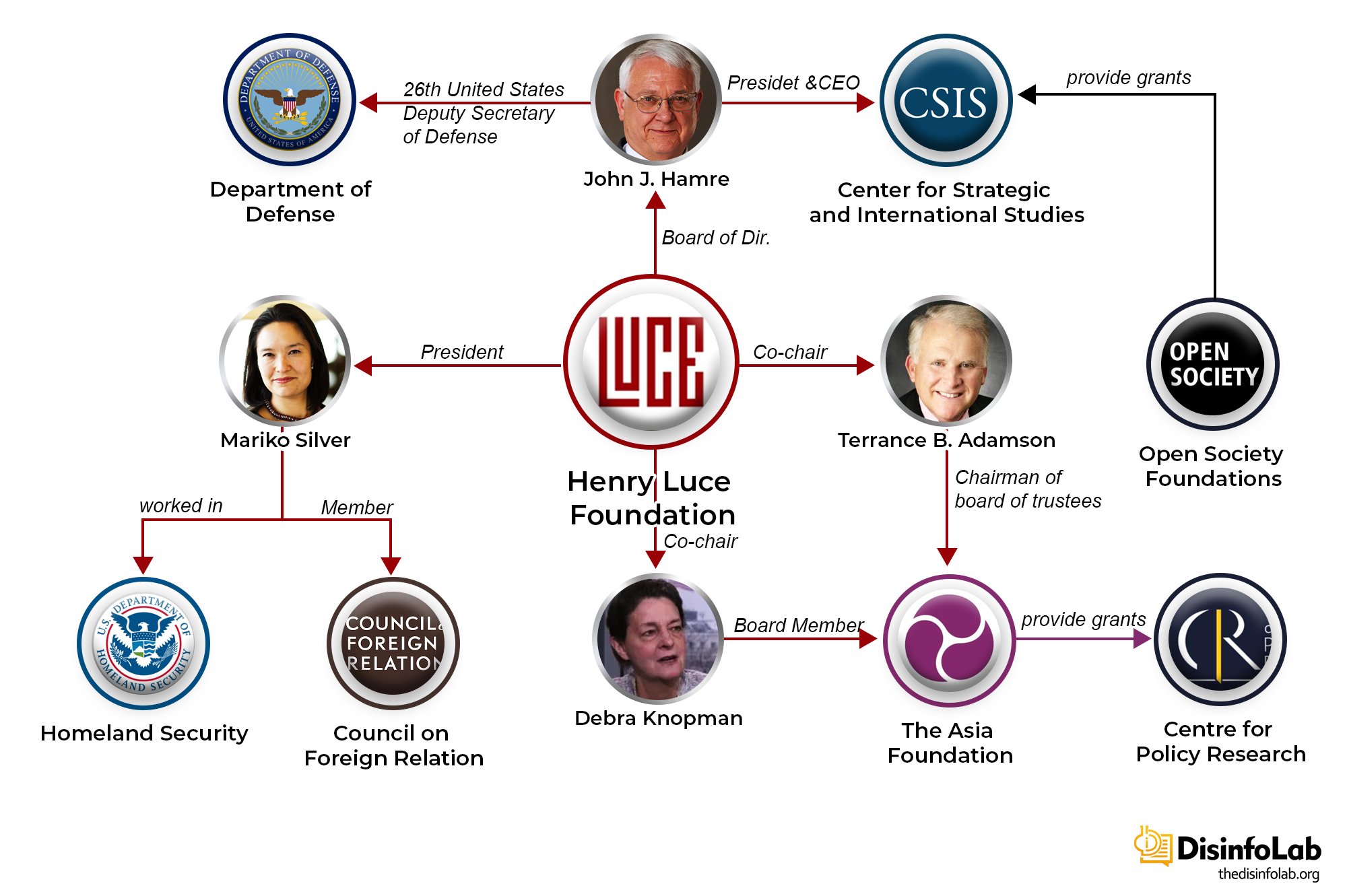
What was the purpose of this funding? It was allocated as part of a project titled ‘Muslims in a Time of Hindu Majoritarianism,’ granting a substantial sum of $385,000 to Jaffrelot for this endeavor. Such overtly biased subject matter would likely be deemed unacceptable for any other nation, yet it strangely passes muster when directed against India.
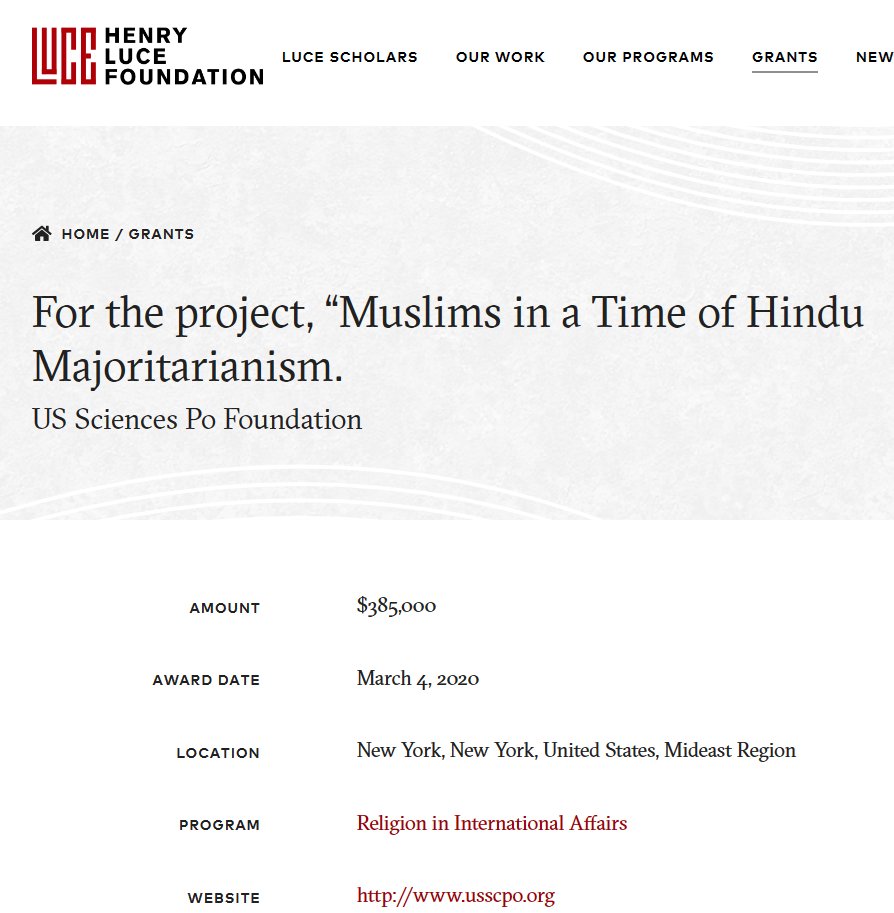
Remarkably, the entire narrative surrounding the elections seemed to align precisely with the narrative for which the HLF had pledged funding to the French expert as far back as 2020-21, spanning three years. Additionally, funding was extended to various media outlets.
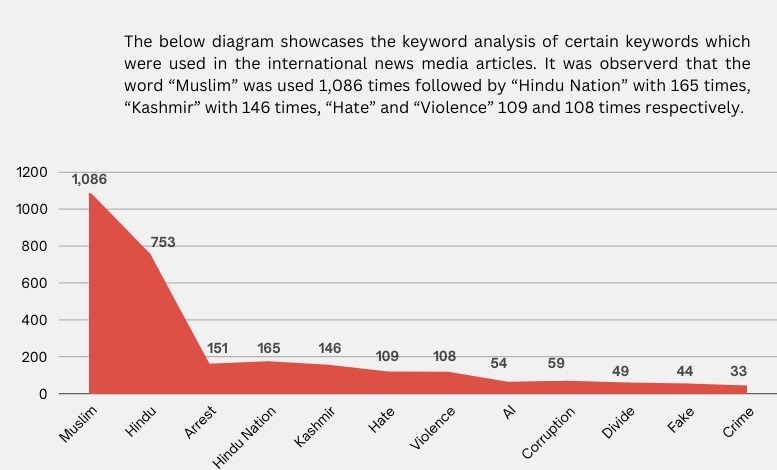
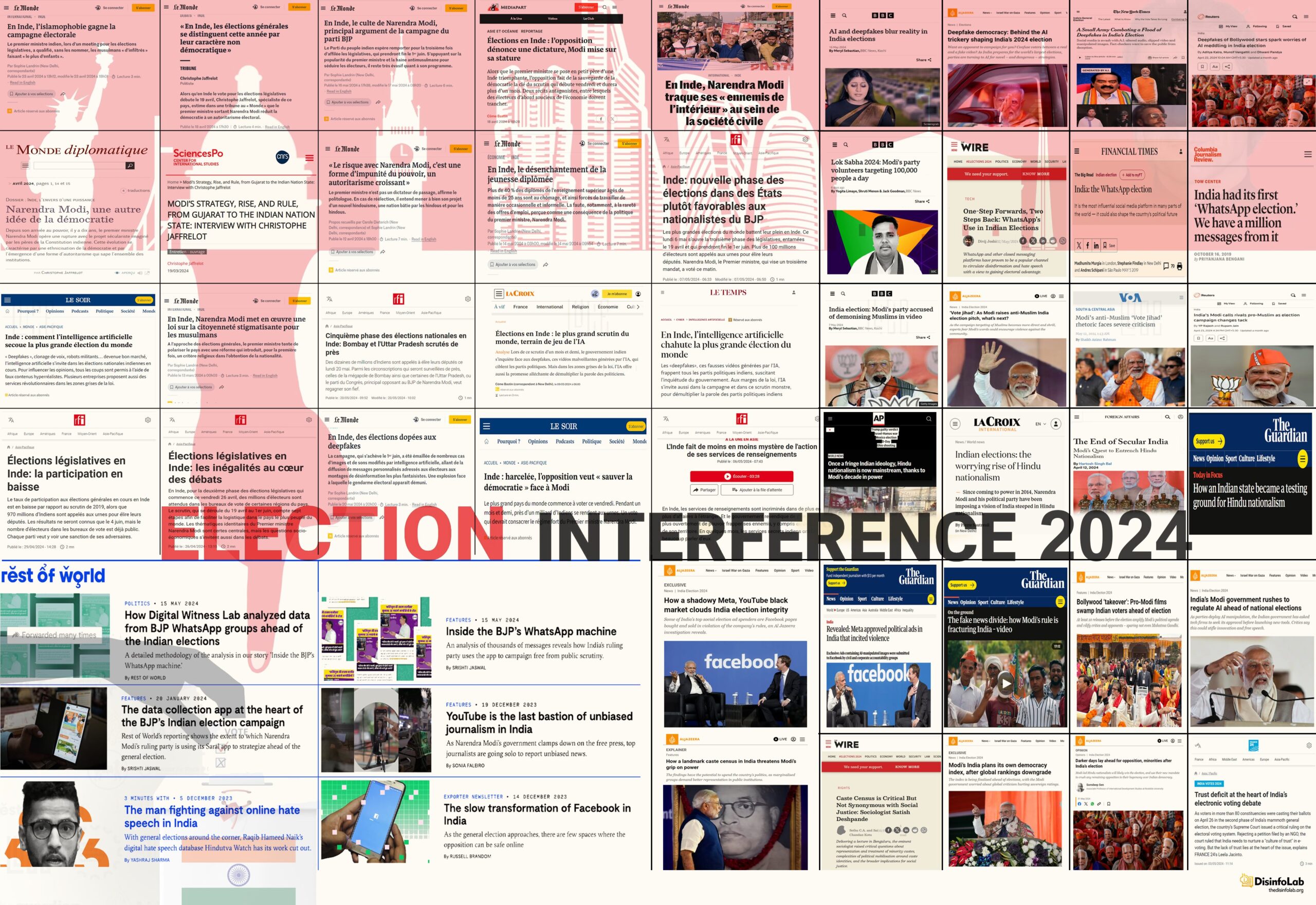
While the editorial boards of HLF and Time Magazine are purportedly independent entities, there seems to be an enigmatic force at play, as Time’s coverage of Indian Elections 2024 closely echoed HLF’s motives for supporting figures like Jaffrelot. This narrative permeated throughout various channels, appearing ubiquitous.
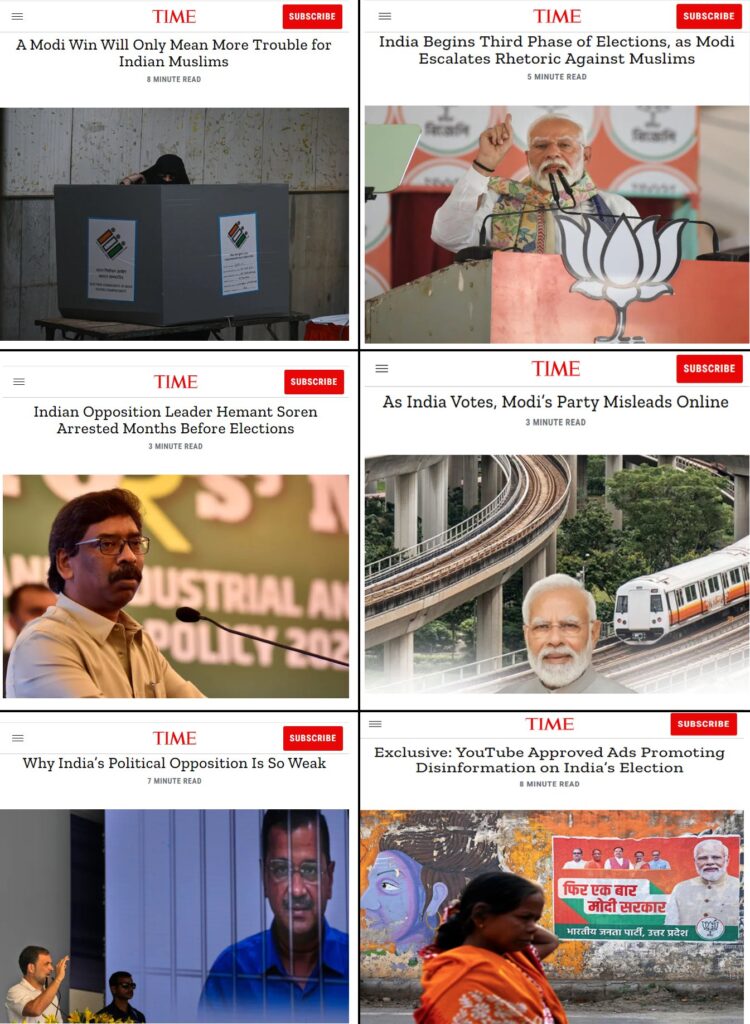
The narrative extends further, HLF has distributed funds to various other organizations focused on ‘research’ concerning India, many of which received funding around 2020/21, spanning three years until 2024. These organizations, known for their anti-India stance, were tasked with similar agendas.
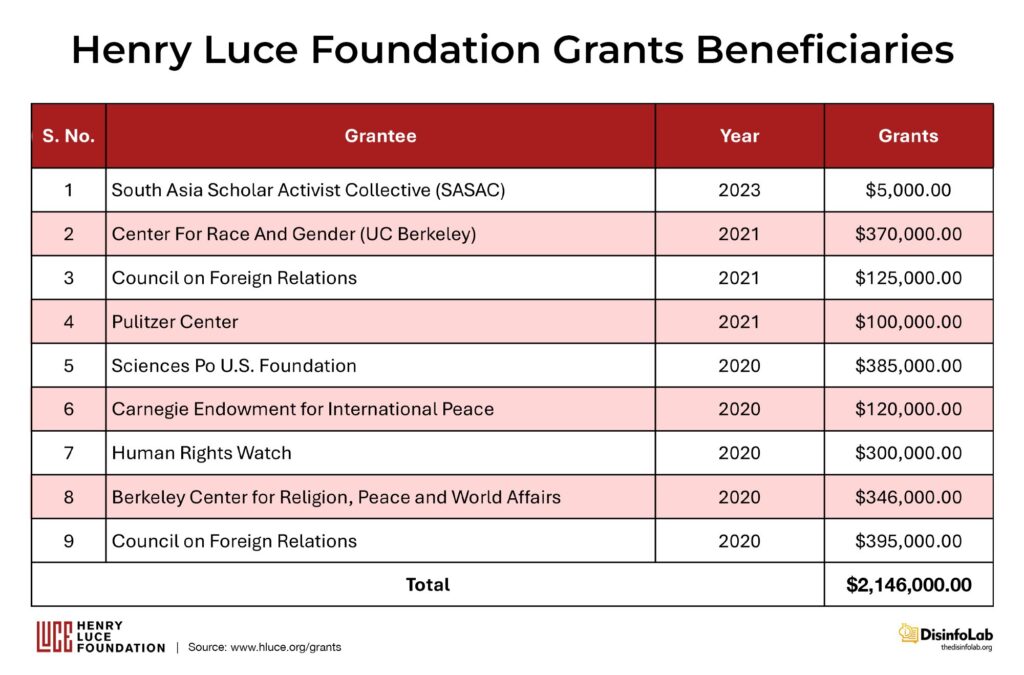
For instance, Berkeley’s Center for Religion, Peace & World Affairs received a three-year grant of $346,000 in 2021, culminating in the publication of a report in late 2023 titled “The Hindu Right and India’s Religious Diplomacy.”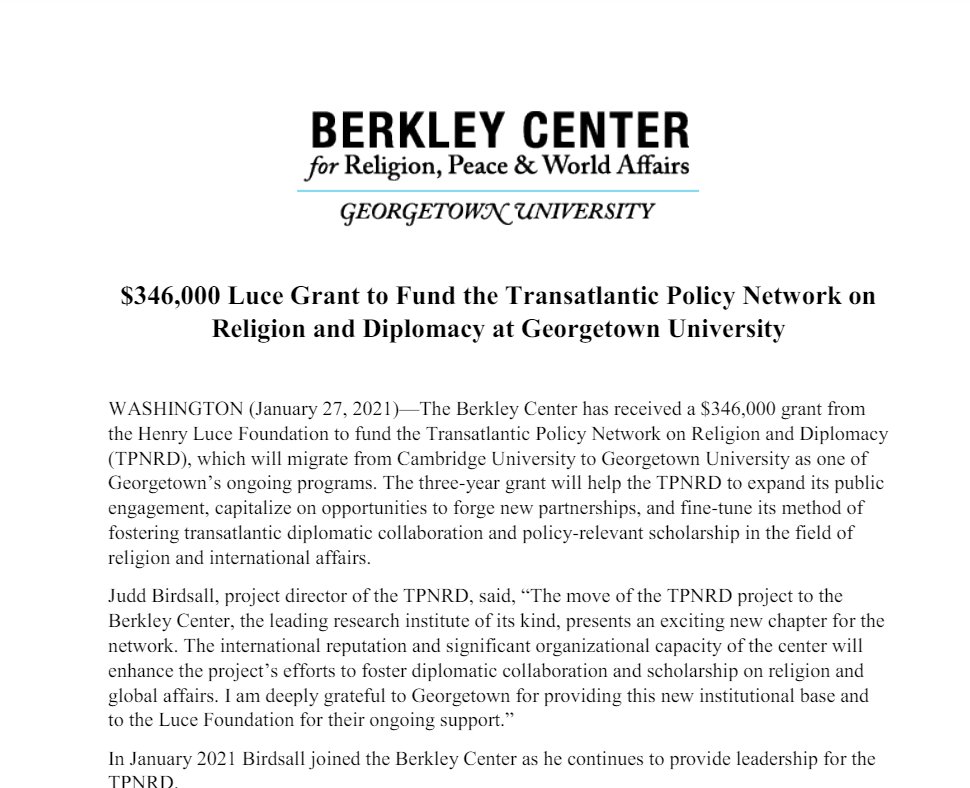
Another recipient, the Carnegie Endowment for International Peace (CEIP), received $120,000, producing articles on topics like “Authoritarian repression, Hindu Nationalism, emerging Hindu Vote,” among others.
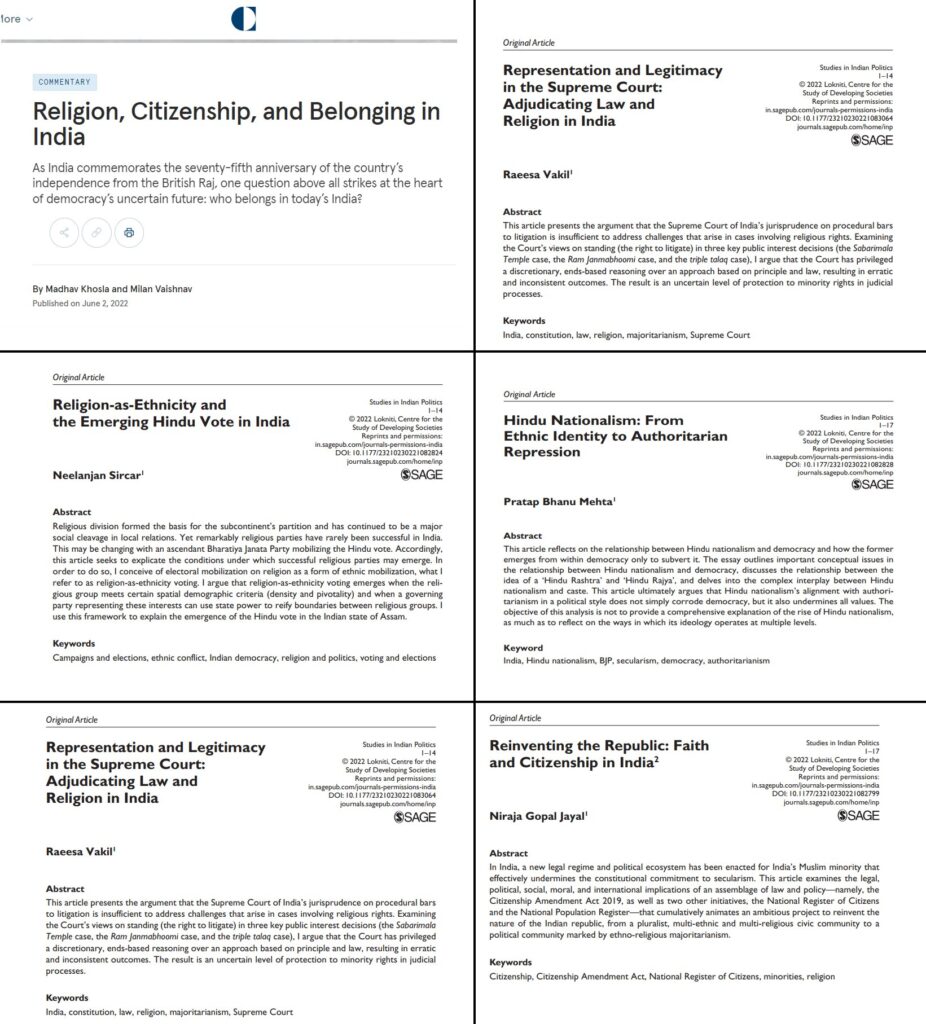
This isn’t the first time CEIP received funding from HLF; in November 2018, they received $40,000 for a project on “Religious Populism and the Future of Indian Democracy,” coinciding with the publication of “The BJP in Power: Indian Democracy and Religious Nationalism” just prior to the 2019 elections. Human Rights Watch (HRW) was allocated $300,000 from HLF to “document religious violence in Asia,” with a focus on countries like India, Myanmar, and Indonesia, as indicated by the HRW URL.
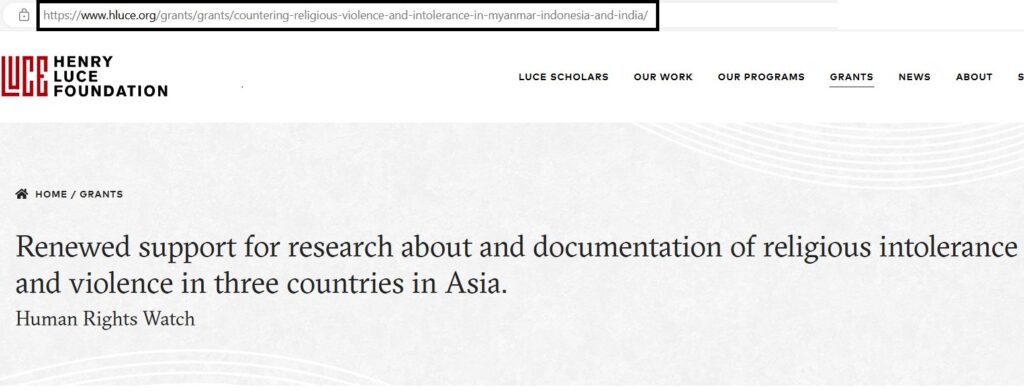
The story gets even more interesting. HLF has given funds to fronts with known affiliations with radical Islamists and even Pak-ISI that were exposed repeatedly for their anti-India propaganda – the likes of Angana Chatterjee, famous for association with convicted ISI mole Ghulam Nabi Fai
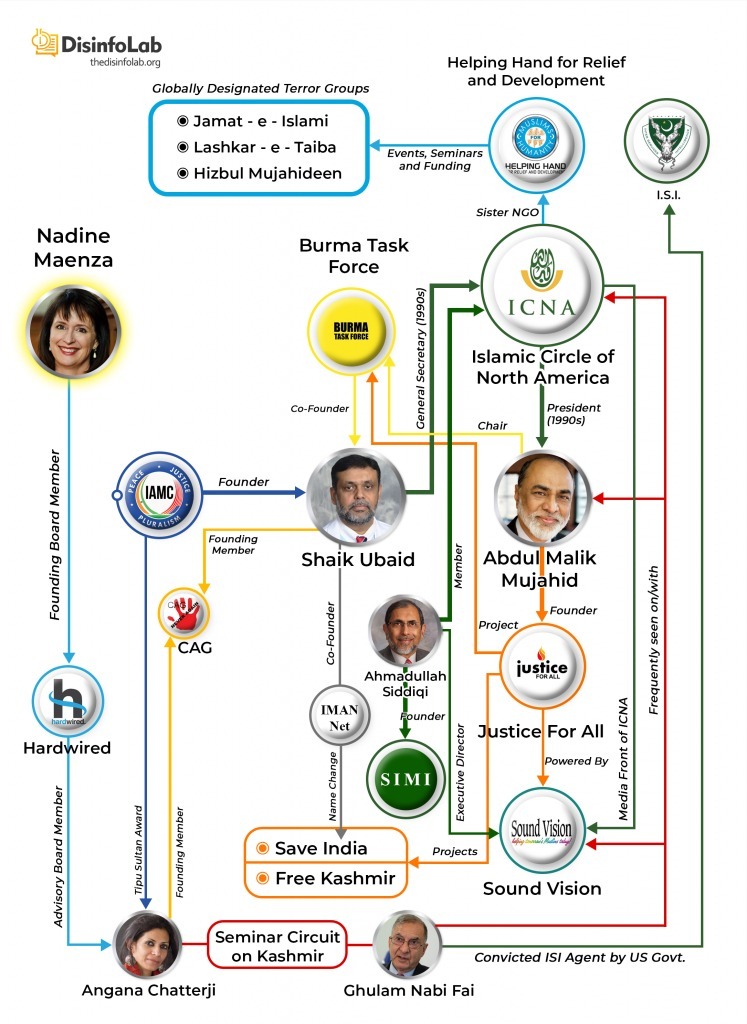
One of her organizations, PCRes-CRG, received a substantial sum of $370,000 in April 2021 to investigate “fault-lines between citizenship, religion, and belonging” in South Asia. Notably, Jaffrelot collaborates with Angana on PCRes-acbcd.
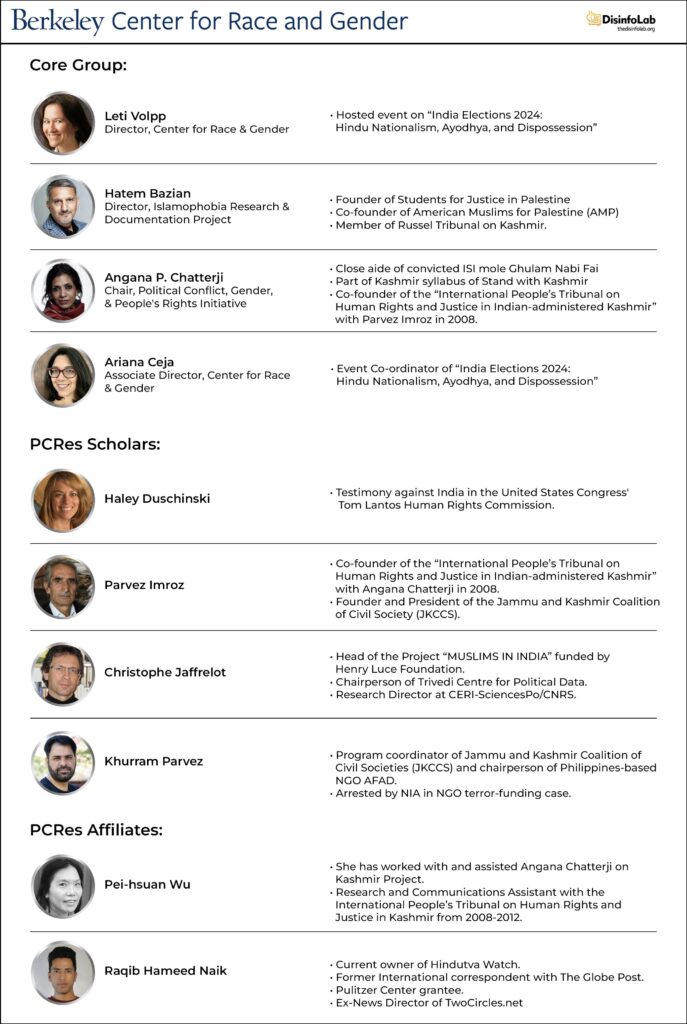
PCRes has been actively hosting events since October 2023, focusing on topics like Caste line, Islamophobia, Hindu Nationalism, Indian elections 2024, and Manipur (in partnership with Niang Hangzo, Co-Founder of NAMTA), coinciding with the lead-up to the 2024 elections.
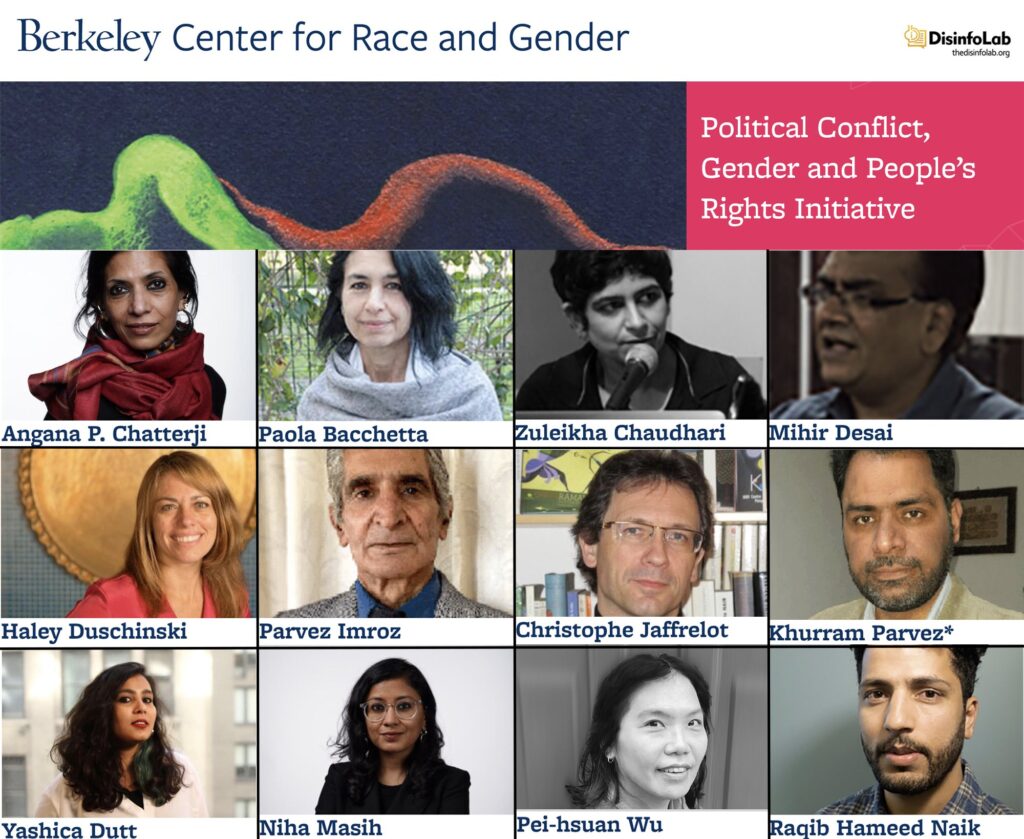
Audrey Truschke, who established the South Asia Scholar Activist Collective (SASAC) in July 2021, also received funding from HLF in May 2023 and published a “Reporting Guide on Hindu Nationalism,” citing the discredited Pakistani project, “HindutvaWatch“.
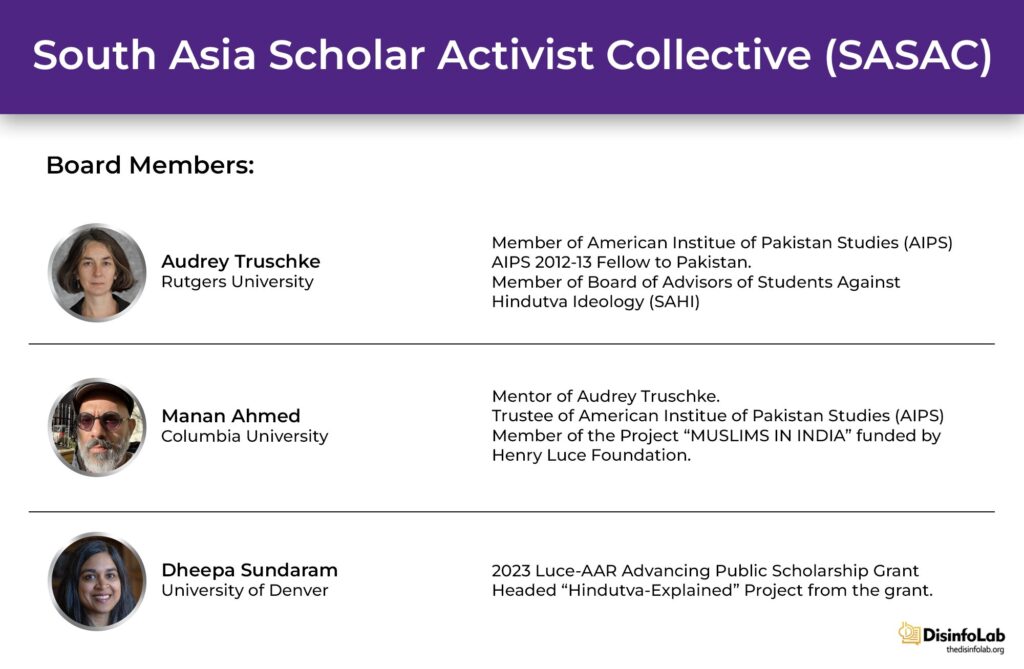
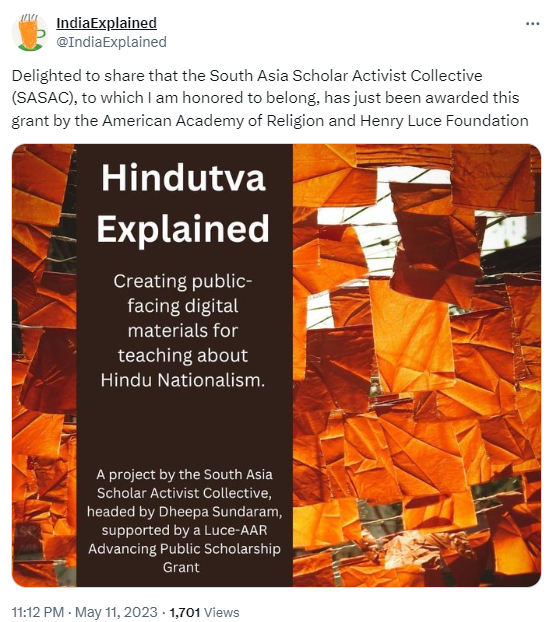
In summary, HLF, known for its ties to the deep state, has invested millions of dollars in organizations with overtly anti-India biases, strategically timed to coincide with the Indian election cycle. Unlike the Russia Hoax against Donald Trump, this constitutes election interference by the book.
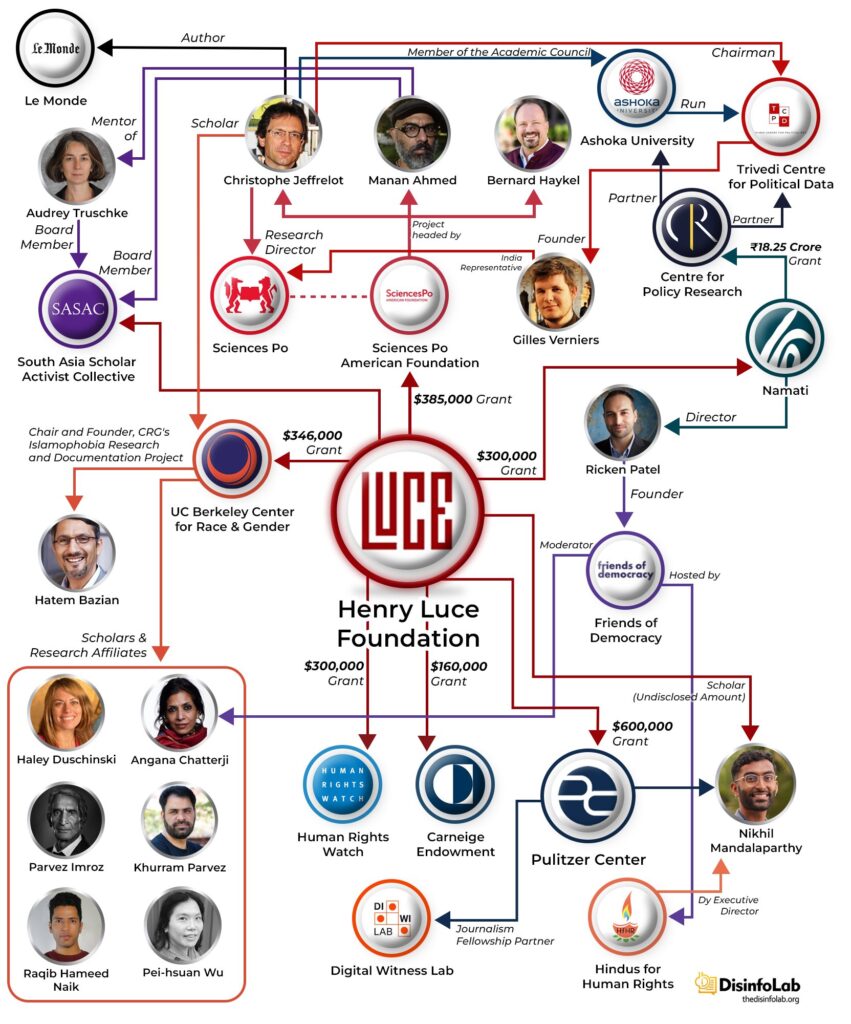
Entering Soros! Intriguingly, the organizations and individuals funded by HLF largely overlap with those supported by the Soros network. Notably, NAMATI, founded by Canadian Ricken Patel, received $300,000 from HLF in 2022 and $13,859,970 from OSF between 2016 and 2022.
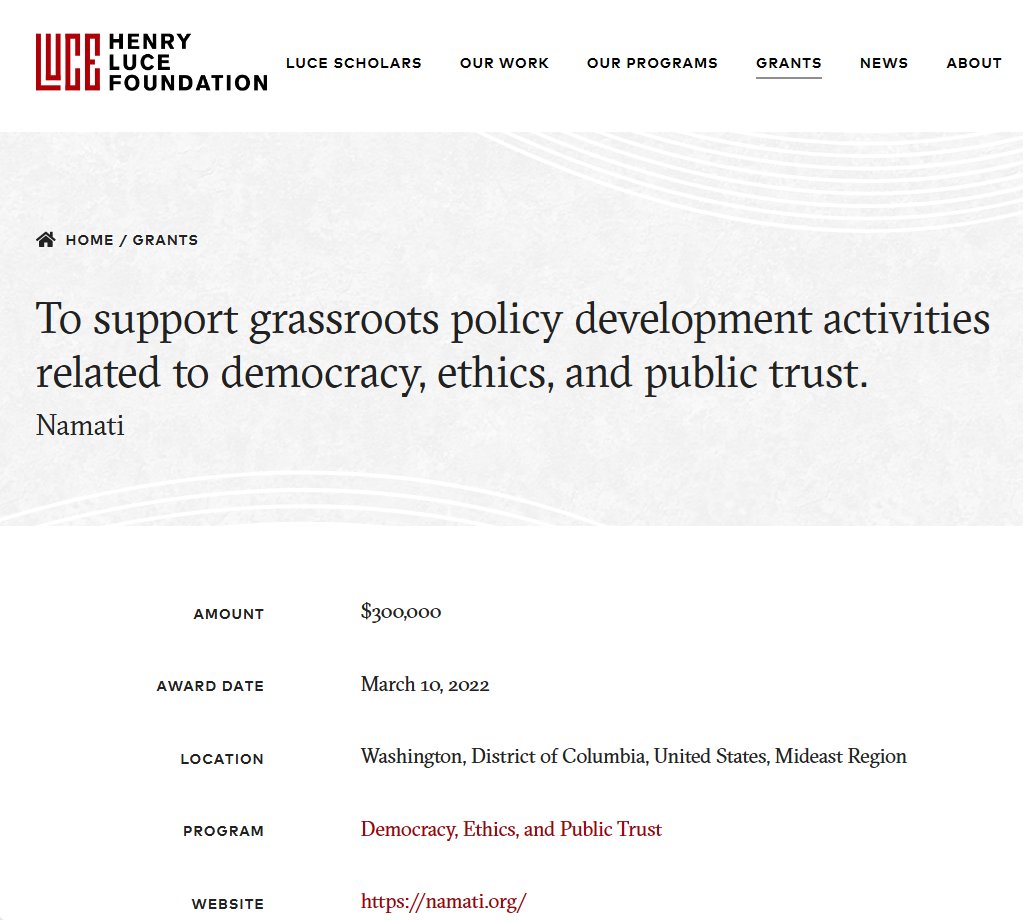 Namati redirects its focus towards TCPD, receiving financial backing from Luce/Soros, which subsequently funneled funds to the Centre for Policy Research (CPR), a collaborative organization with TCPD, amounting to at least Rs 12 crore. Jaffrelot was hosted by TCPD. However, funding issues arose, leading to the Indian Income Tax Department revoking CPR’s FCRA.
Namati redirects its focus towards TCPD, receiving financial backing from Luce/Soros, which subsequently funneled funds to the Centre for Policy Research (CPR), a collaborative organization with TCPD, amounting to at least Rs 12 crore. Jaffrelot was hosted by TCPD. However, funding issues arose, leading to the Indian Income Tax Department revoking CPR’s FCRA.
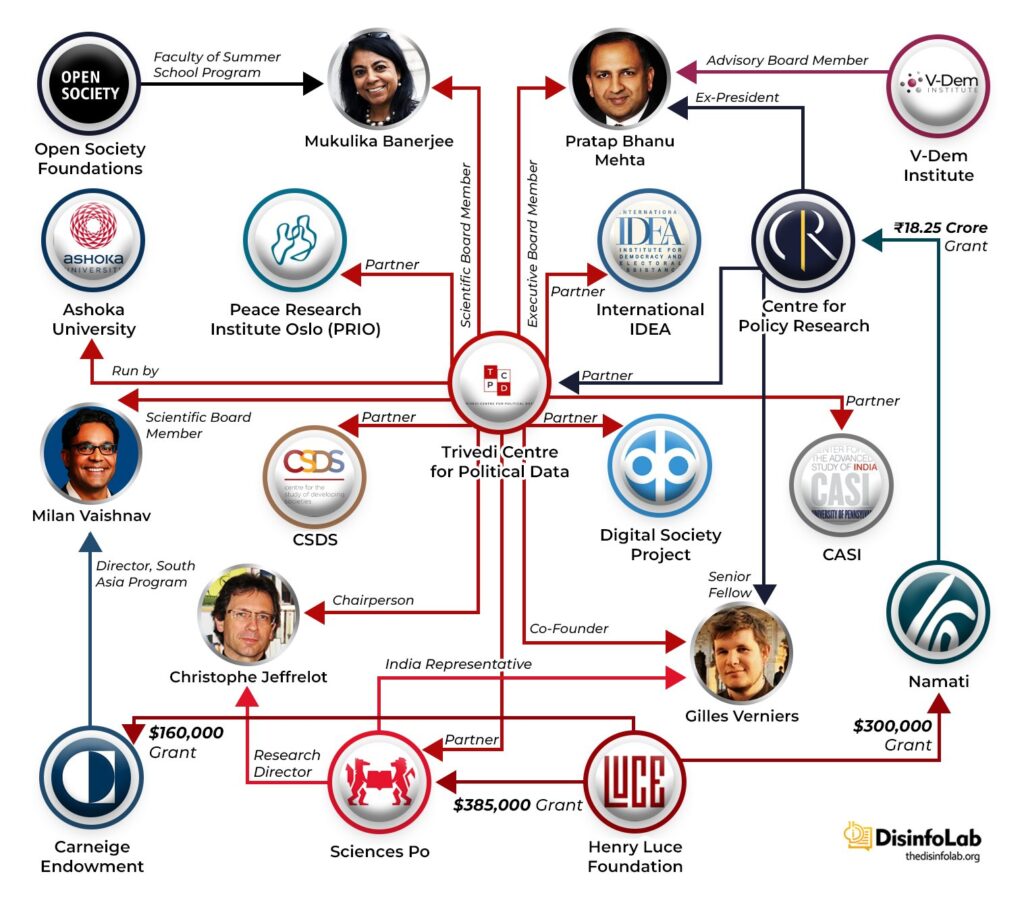
Patel, known for his serial activism, previously established AVAAZ, Respublica, and Moveon, and served on Access Now’s advisory board—all entities supported by the Open Society Foundations (OSF). In March 2023, Ricken Patel of NAMATI assumed leadership of ‘Friends of Democracy,’ advocating against the ruling party to protect India. Coincidentally, another entity, Friends of Democracy PAC, was co-founded by Jonathan Soros, son of George Soros.
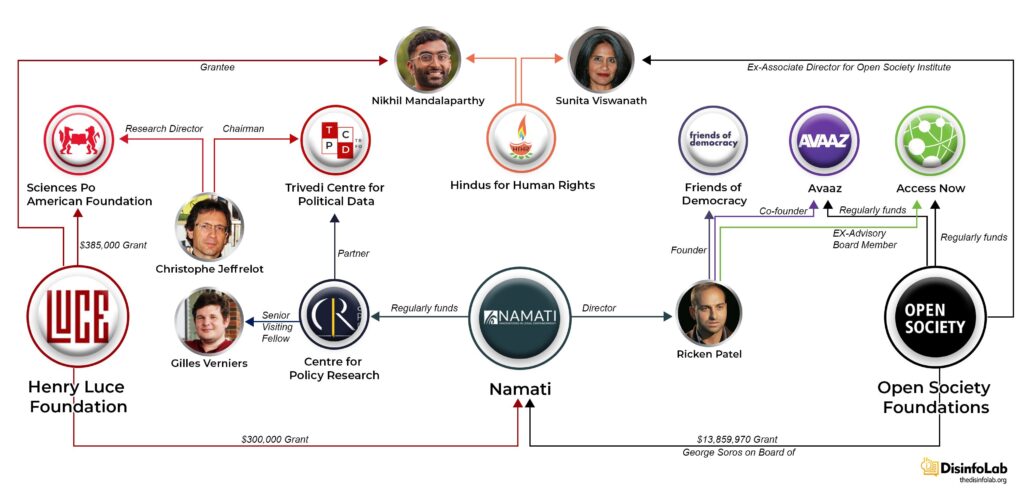 How does ‘Friends of Democracy‘ contribute to India’s salvation? By disseminating propaganda against India’s procurement of Russian oil. If there’s any uncertainty about the narrative, Patel has provided clarity on the matter.
How does ‘Friends of Democracy‘ contribute to India’s salvation? By disseminating propaganda against India’s procurement of Russian oil. If there’s any uncertainty about the narrative, Patel has provided clarity on the matter.
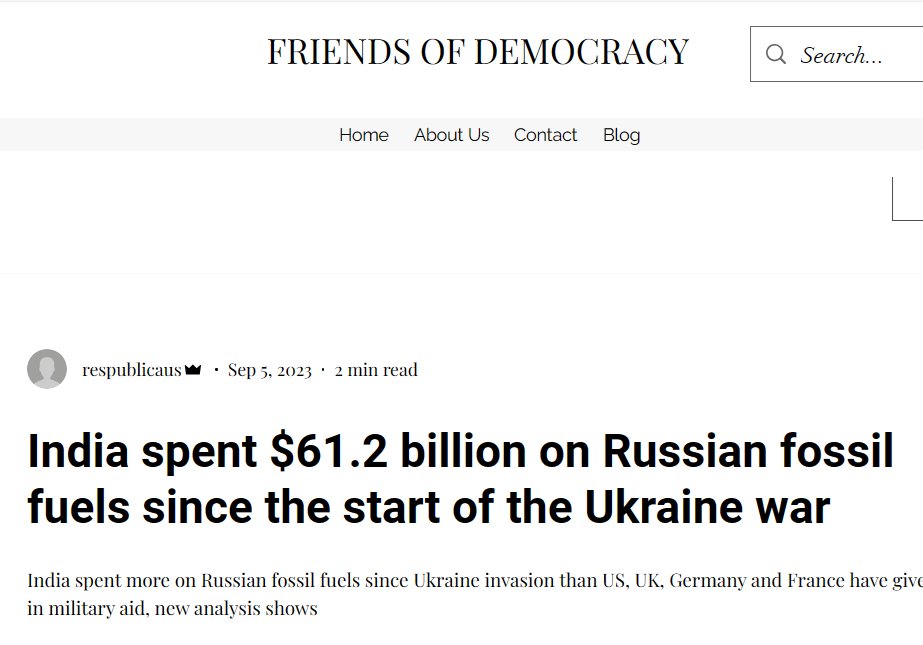 Their strategy involves propagandizing against India’s purchase of Russian oil. While the extent of influence wielded by these narratives, promoted by partly discredited activists and scholars, on Indian voters remains speculative, their infiltration into societal divides is undeniable.
Their strategy involves propagandizing against India’s purchase of Russian oil. While the extent of influence wielded by these narratives, promoted by partly discredited activists and scholars, on Indian voters remains speculative, their infiltration into societal divides is undeniable.
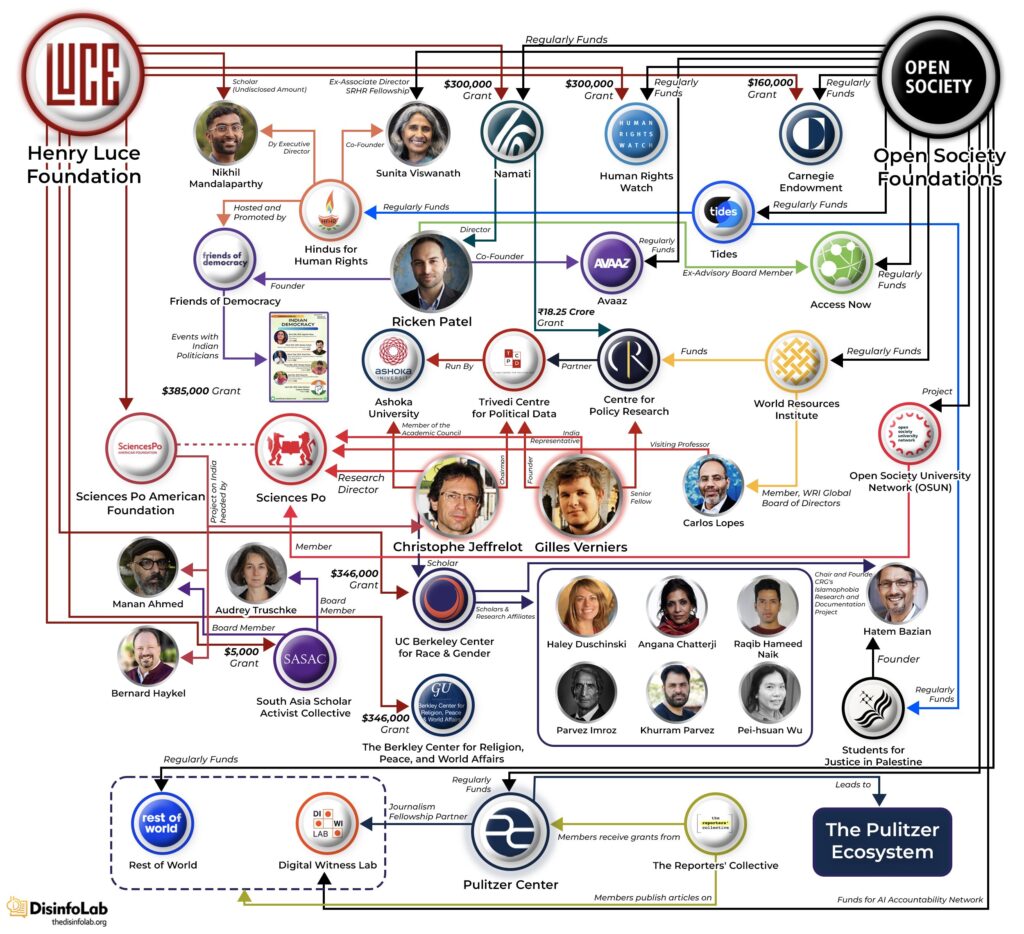
Even more alarming is the enduring impact—’scholars’ such as Audreys and Jaffrelots mutually validate each other, establishing an extensive reference network that will likely shape the narrative on India for the foreseeable future. For instance, Wikipedia. These narratives will subsequently feed into AI models, further perpetuating the tarnished portrayal of India’s history, anchored in the work of discredited scholars, and perpetuated endlessly in printed materials.
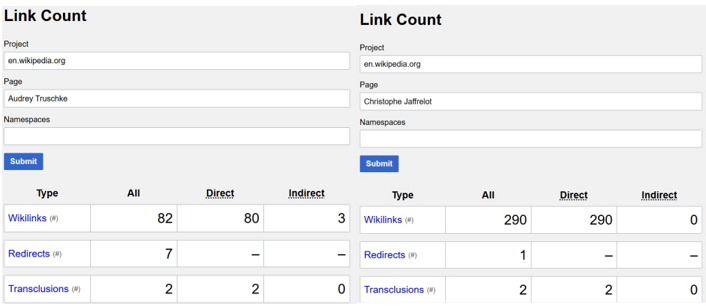
(This article is based on the X threads by DisInfo Lab & their research report)
Subscribe to our channels on Telegram, WhatsApp, and Instagram and get the best stories of the day delivered to you personally.




